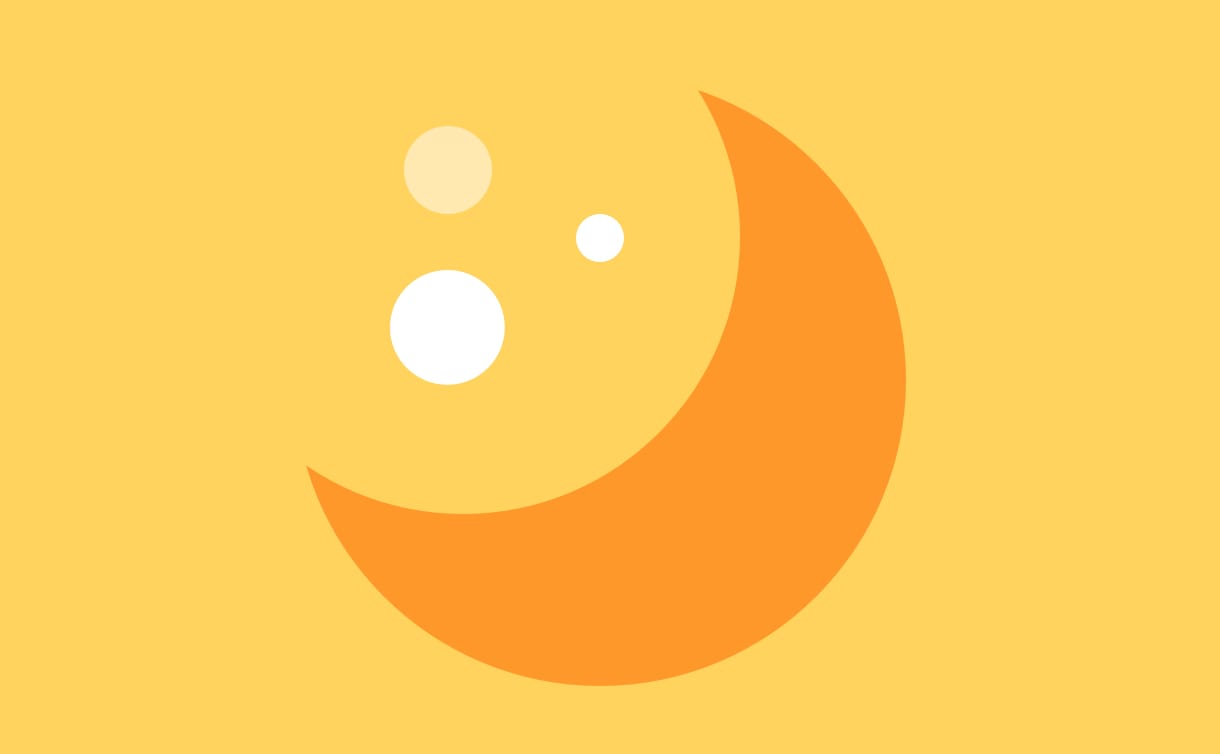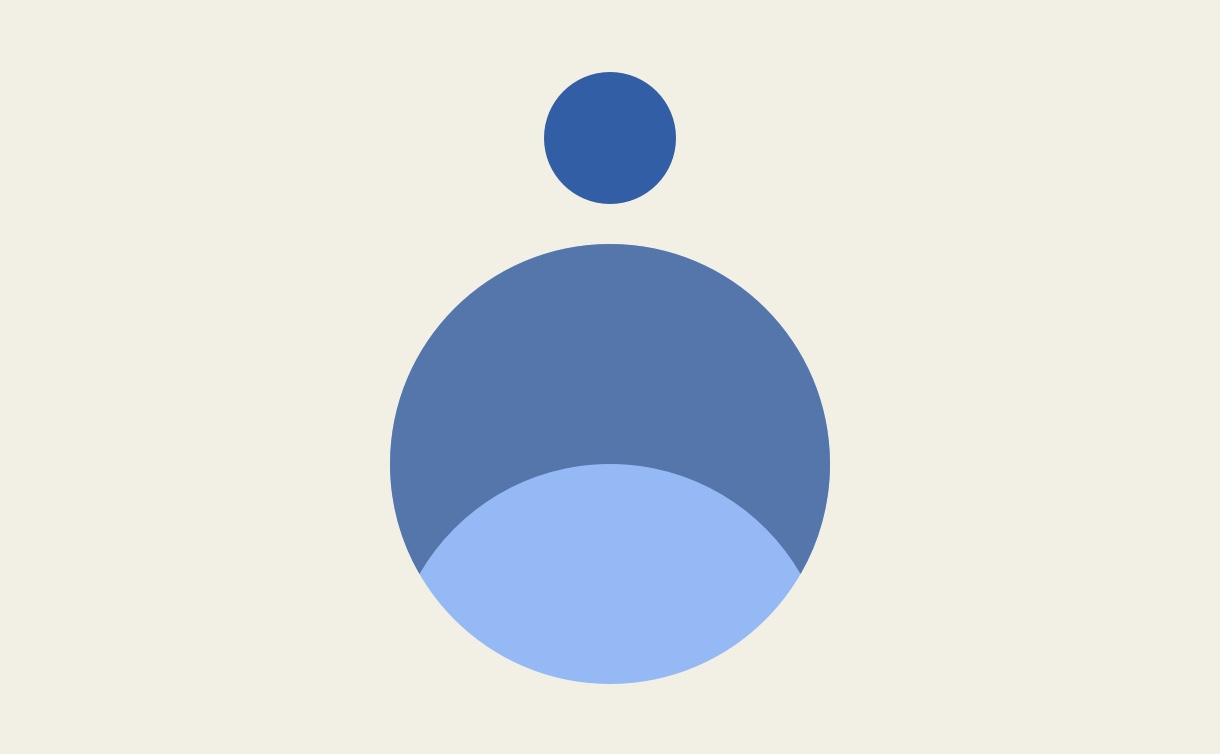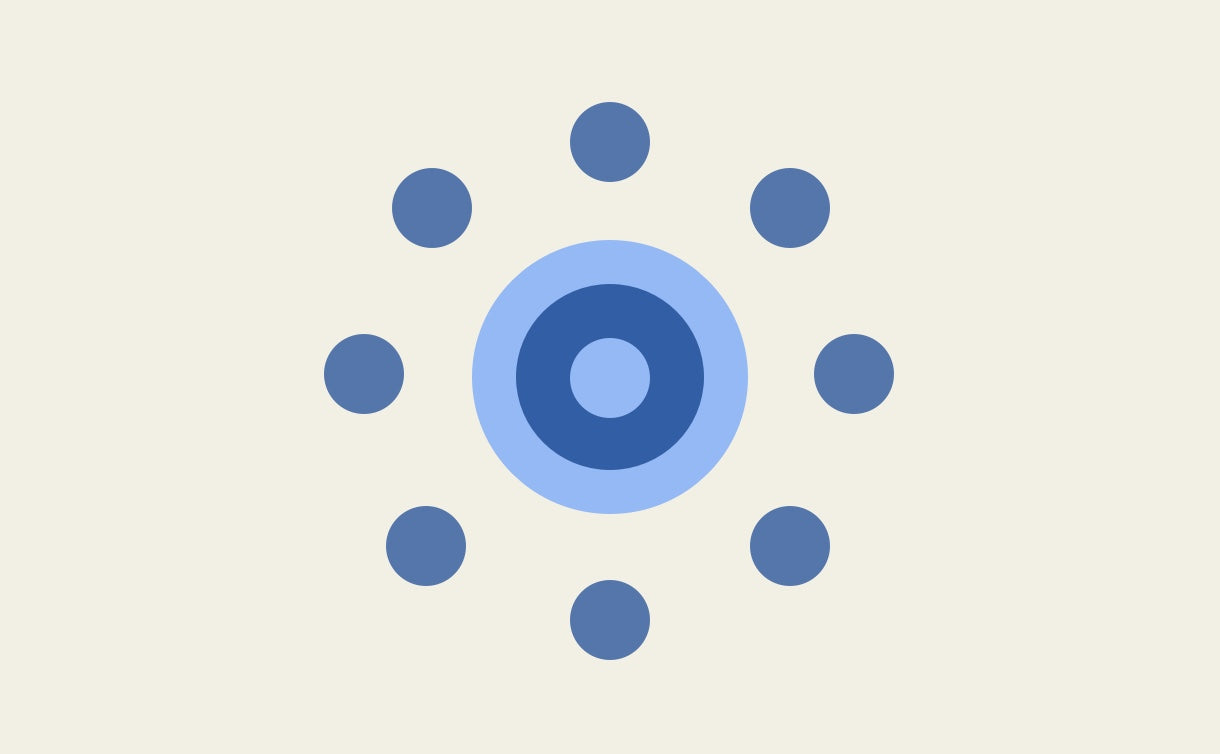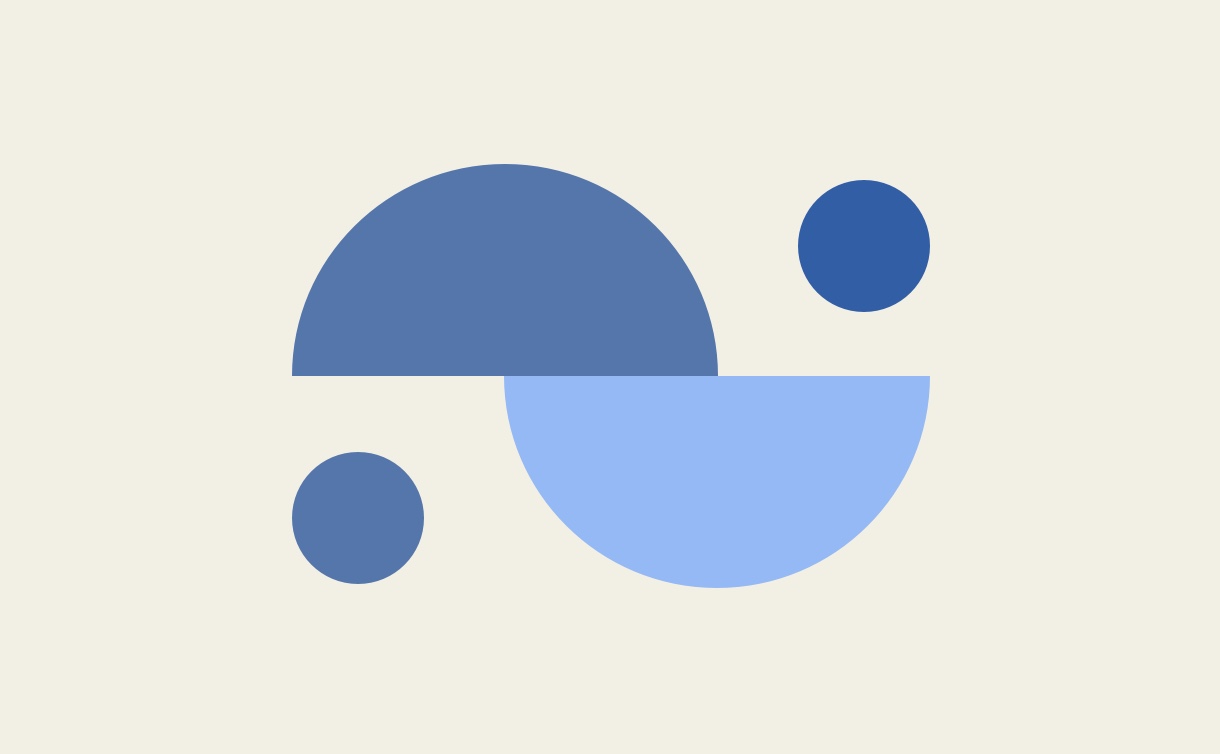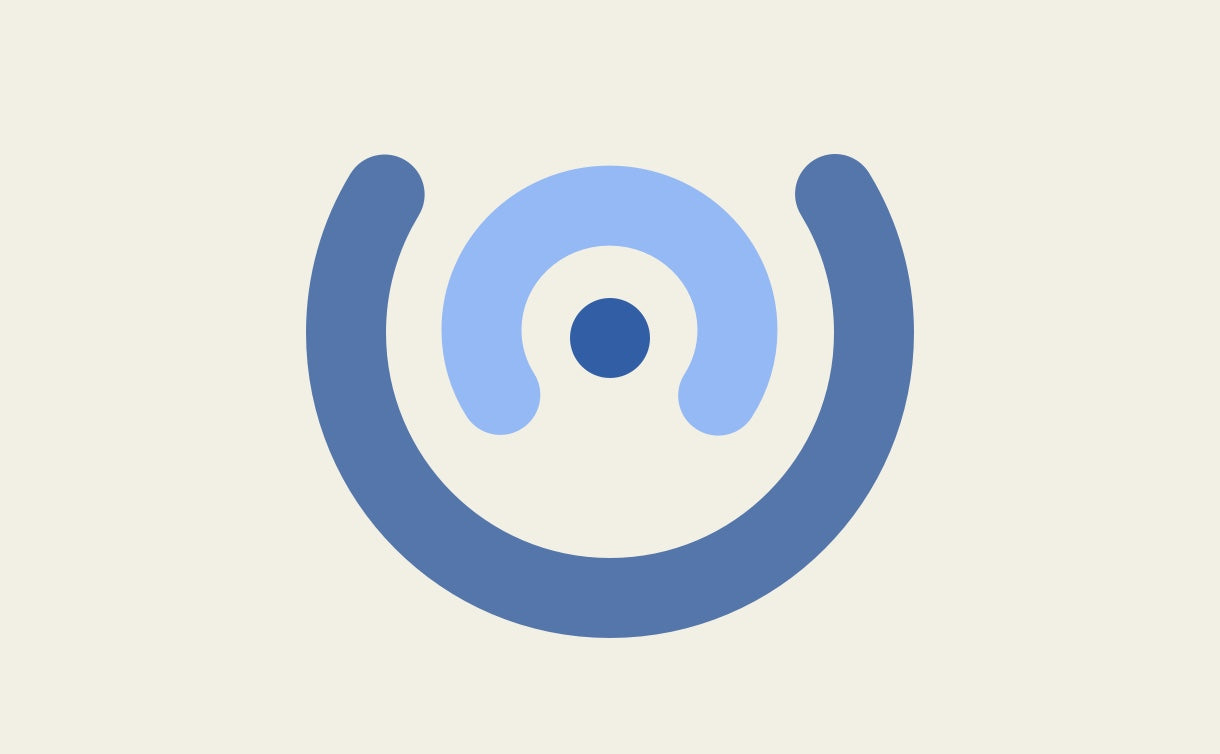
Best vitamins for sleep
If you've been tossing and turning, there's six vitamins that could help you get a great night's sleep.

Whether it’s another hour spent watching the clock tick down to dawn, or a restless night tossing and turning —getting a good amount of decent shut-eye is no easy feat in modern life.
Along with looking at your bedtime habits, it’s also worth considering the fuel you’re putting in your body, as this affects your brain’s performance, your memory, your ability to learn, make decisions, regulates your mood—and even how you sleep. Luckily there are vitamins for sleep that can help put an end to restless nights.
Vitamins for sleep
Currently, 99% of us aren’t getting the nutrition we need, meaning there’s a chance that we’re lacking in key nutrients. This is vital as missing out on certain vitamins has been linked to poor rest, insomnia, and even sleep apnea. Read on to find out about vitamins to help sleep.
Vitamin B1 and B2 for sleep

Both vitamin B1 and B2 are essential for our bodies in order to convert food into energy—and for the production of the sleep hormone, melatonin. Commonly, lacking in both are not tested as current medical advice suggests they can be sourced from diet alone. However, in a trial conducted by Heights, 70% of the 17 volunteers were found to have low levels of B1 (thiamine), while 88% were low in B2 (riboflavin).
In regards to B vitamins and sleep, a number of studies in the 65+ age range have shown that thiamine supplementation leads to better nocturnal patterns and reduced fatigue (see case 1 ), with implications for the wider population.
Food sources of vitamin B1 and B2 : whole grains, eggs, leafy green vegetables, nuts, and—for B1—meat.
Vitamin B6 and B12 for sleep

B vitamins are vital for brain function and development, as well as immune function, cardiovascular health, red blood cell formation, and DNA activity.
But what about B vitamins for sleep? Vitamin B6 for scan help to recall your dreams, and get you into the whole lucid dreaming thing ( here’s a crazy video about that ). It also helps to produce serotonin and melatonin, which are both key for sound, peaceful sleep, and to regulate mood.
There’s also a strong link between poor mental health and sleep issues. From difficulty keeping to any kind of schedule to severe sleeplessness, circadian rhythm disruptions, and even hypersomnia - lacking in B6 and B12 vitamins can impact the risk of mental health issues.
Food sources of B6 and B12: bananas, carrots, spinach, and potatoes are great sources of B6, and B12 is found in animal proteins like milk, eggs, cheese, and fish.
Discover how else the body uses B vitamins here.
Vitamin D for sleep

Vitamin D plays a starring role in your bone health, immune function, irritation control, and mood regulation. When it comes to shut-eye, recent research shows that a lack in vitamin D is linked to lessened sleep quality and shorter amounts of time spent asleep (especially in those 50+).
It can also increase the severity of symptoms for sleep apnea sufferers and impacts our bio-clocks. Here’s the really interesting bit: vitamin D may activate two genes responsible for our circadian clocks—which control our 24-hour circadian rhythm. Light and dark are the primary controls of our bio-clocks—and, as sunlight is the main source of vitamin D, that could explain the link between the vitamin and our sleeping patterns.
A 2012 study estimated that 50% of people were low in vitamin D due to lifestyle factors. And during spring and winter in the UK, it’s not possible to get enough of it because of the low position of the sun, meaning that levels need to be topped up by either food sources or supplementation.
Food sources of vitamin D: the body makes it in response to sunlight, but other sources include fatty fish and fish oils, egg yolks, and some fortified dairy and juices.
Vitamin E for sleep

Cell function is vitamin E’s main role, as well as supporting immune health. As a powerful antioxidant, it may also help with slumber and sleep-centric health issues.
Insomnia and memory loss go hand in hand. This is because, during the night, your brain processes memories and everything you learn during the day. Vitamin E’s antioxidant properties can help with this by protecting your brain health and offers targeted protection for the hippocampus against blips in memory related to lack of rest.
Studies have also shown that lacking in vitamin E is common for those with sleep apnea. In combo with other antioxidants such as vitamin C, it can improve breathing at night and sleep quality, and—on a different note—help to protect testosterone production.
Food sources of vitamin E: nuts and seeds, spinach, broccoli, tomatoes
Check out what else vitamin E aids.
Know your own mind?
The average brain health score is 51/100. Take our 3-minute quiz to learn how yours measures up and how to boost it.









